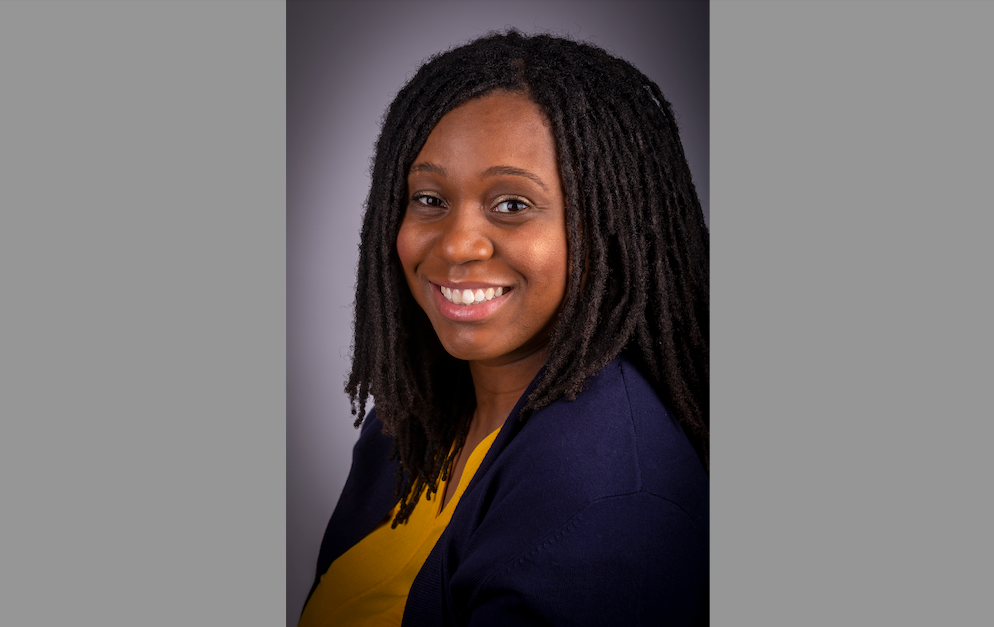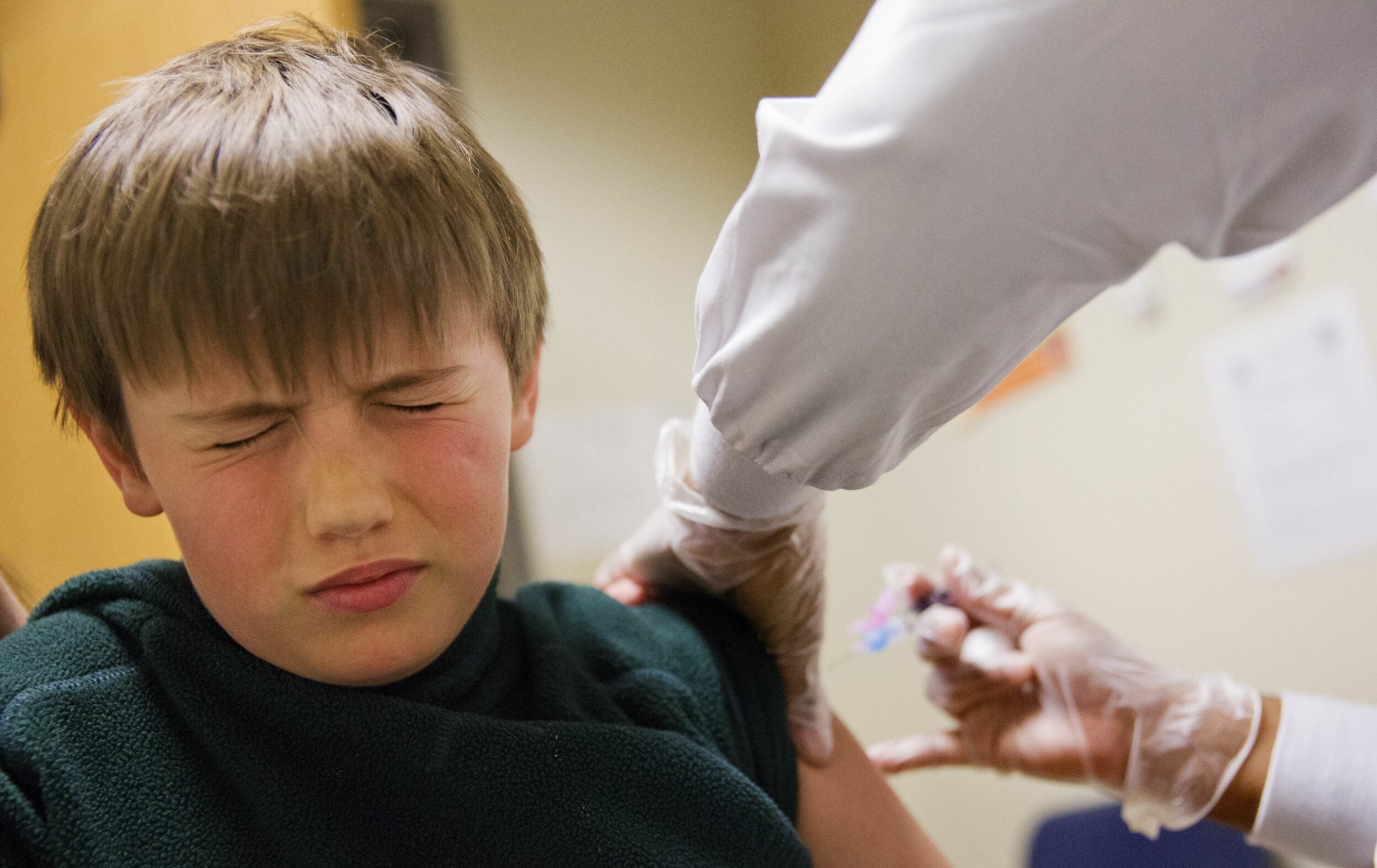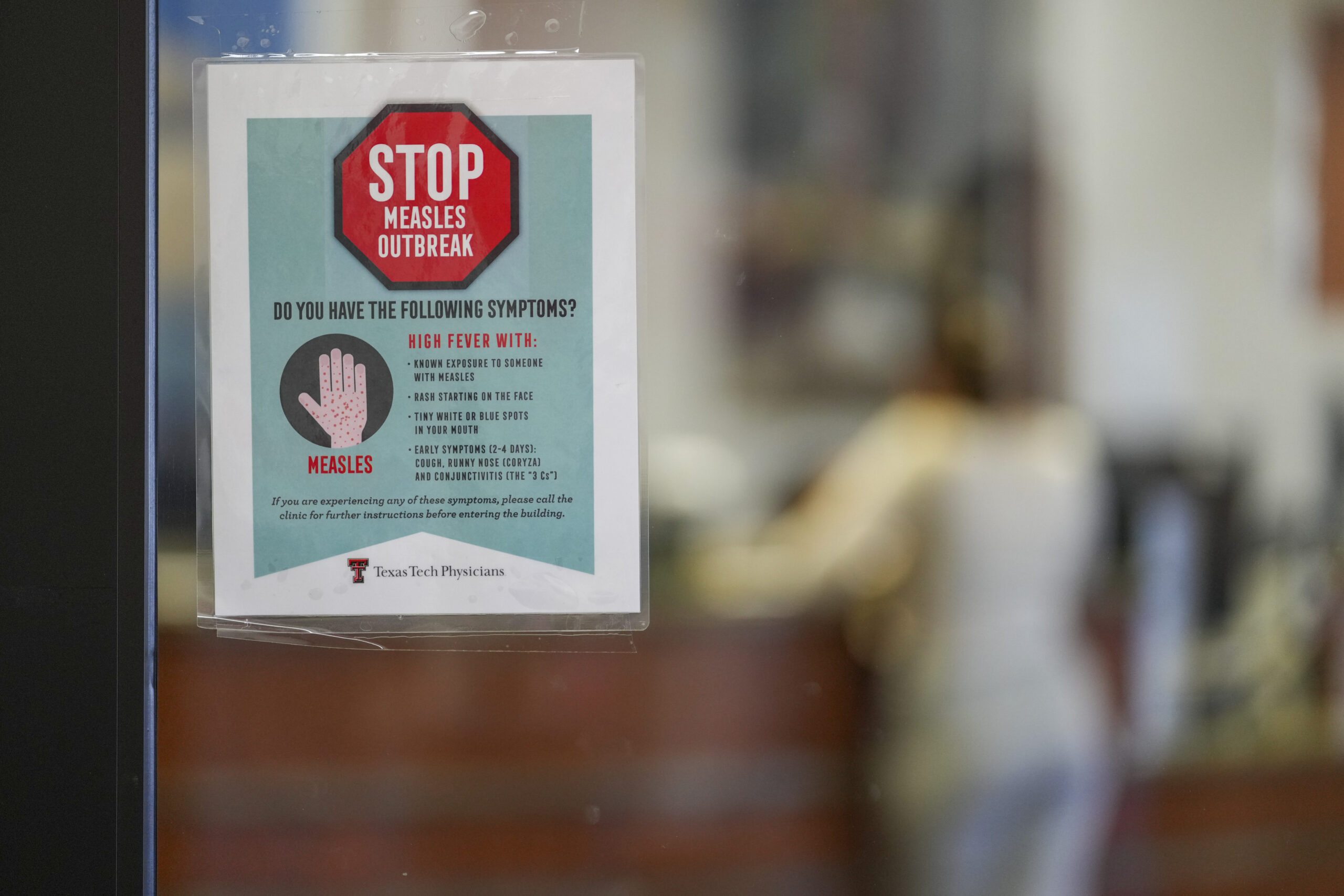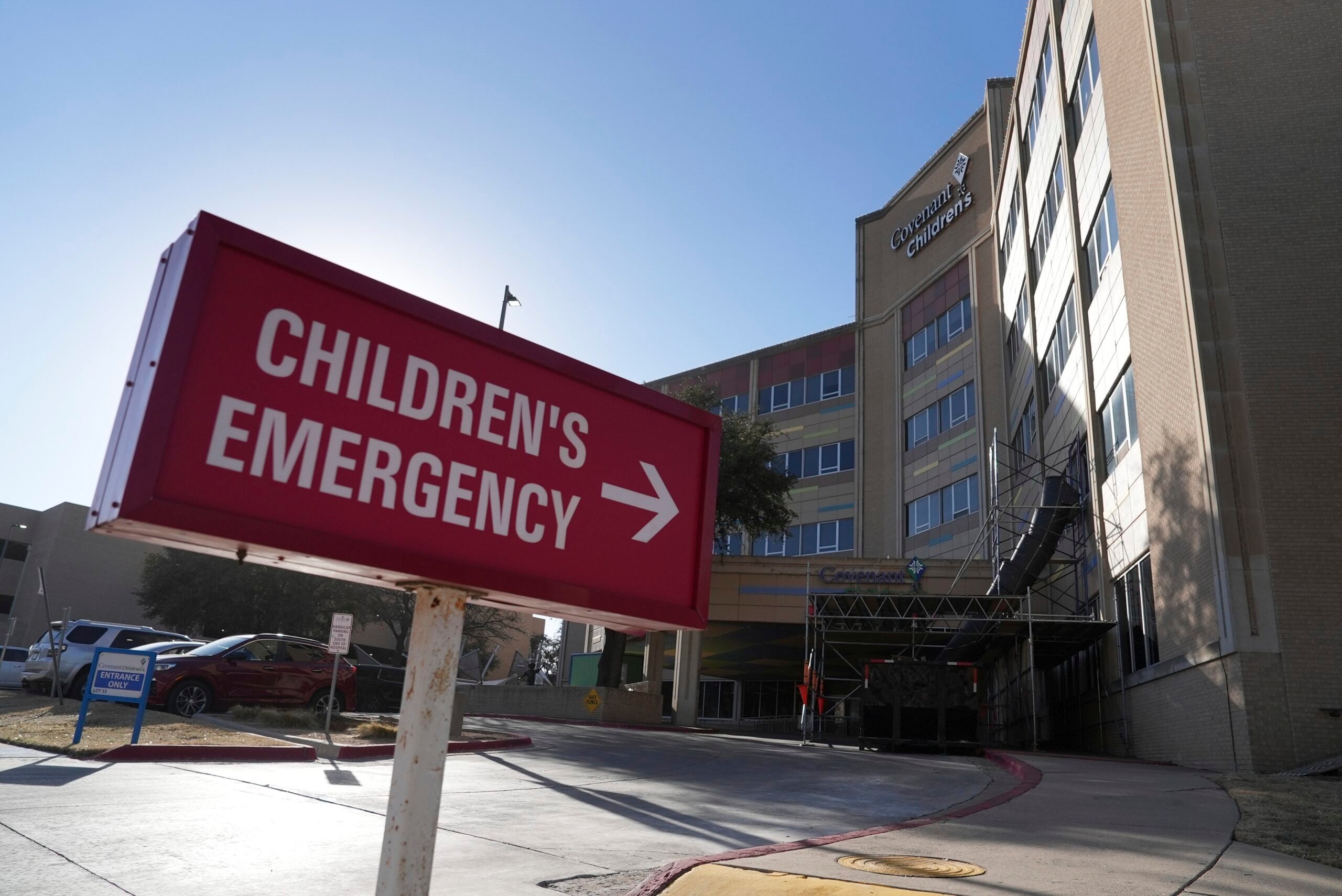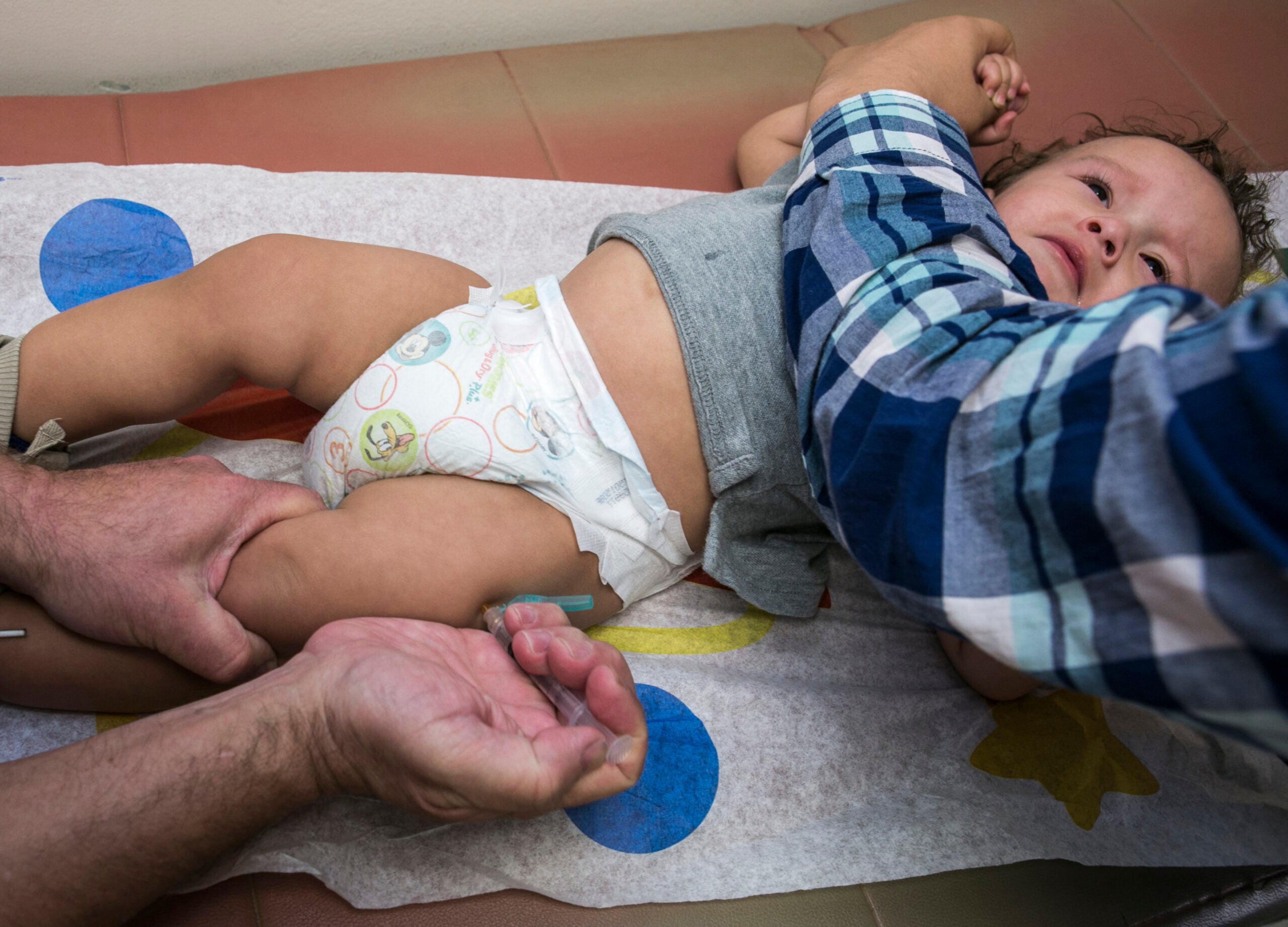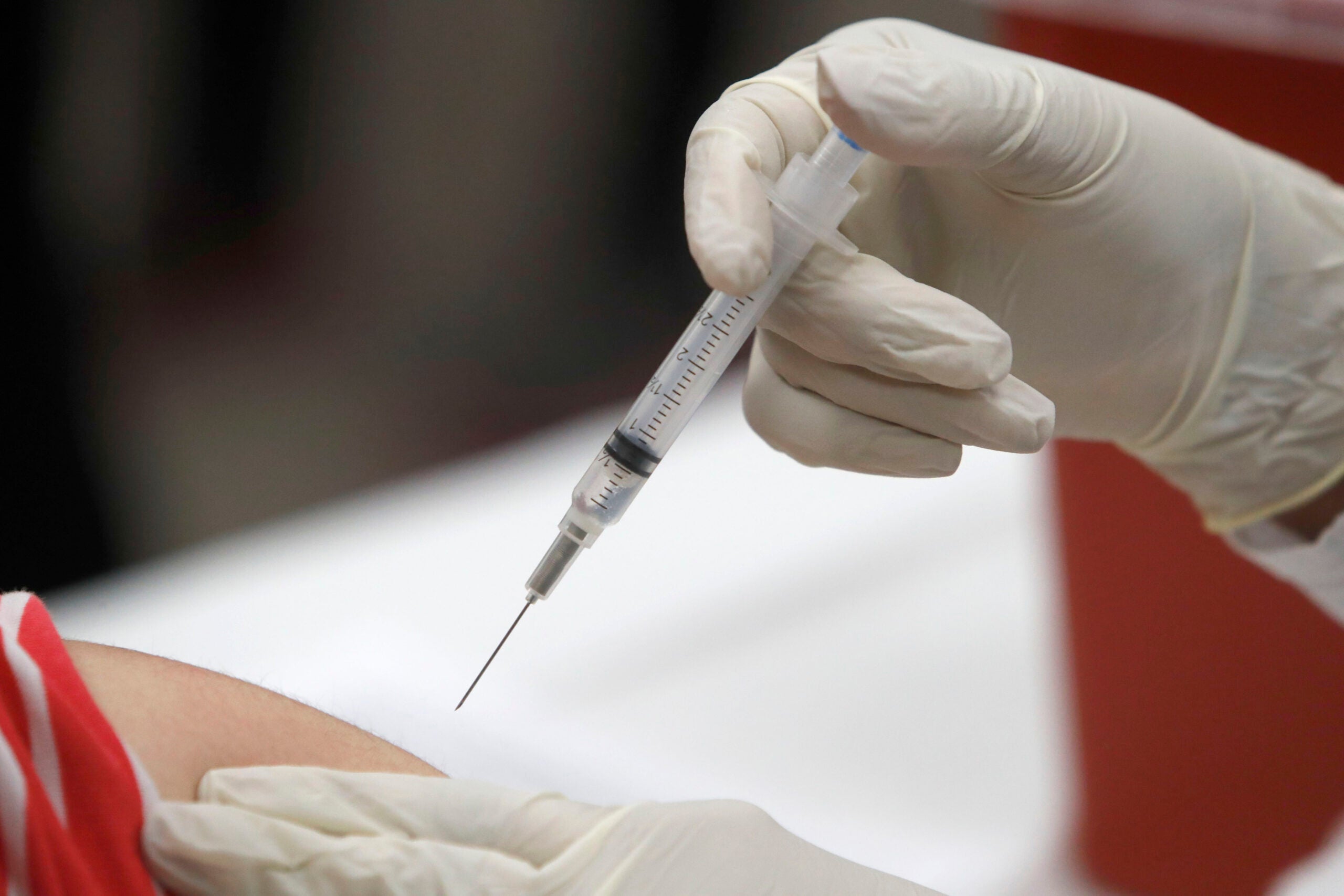As Wisconsin’s newly-named chief medical officer and state epidemiologist, Dr. Jasmine Zapata said she will use her experience as a physician to listen to concerns from the community at large and serve as a voice for Wisconsinites when consulting policymakers on health issues.
“It really is just speaking up for what I believe is right,” Zapata told WPR’s Kealey Bultena during an interview on “The Morning Show.”
In her role, Zapata provides health guidance to agencies around Wisconsin. She spoke about her priorities and plans for moving through the pandemic.
Stay informed on the latest news
Sign up for WPR’s email newsletter.
This interview has been edited for brevity and clarity
Kealey Bultena: You are a physician and a newborn hospitalist. What are your goals in this new role as chief medical officer and state epidemiologist?
Dr. Jasmine Zapata: The vision of the Wisconsin (Department of Health Services) is for everyone to live their best life, and I just love that — my goals are to do just that.
A focus of mine will definitely be on community healing. People across Wisconsin have been through so much over this last year. And as we are finding hope and getting near the end of this pandemic, healing both physically and mentally, social and emotionally, spiritually, financially — that will all be important.
And more specifically, I’ll be focusing on bringing awareness to many of the amazing programs within the Bureau of Community Health Promotion within DHS, and also focusing a lot on combating racial inequities in maternal child health.
KB: We have about 46 percent of Wisconsinites who’ve gotten at least the first dose of the COVID-19 vaccine, but that means about half of the people in our state have not done that. Is getting Wisconsin vaccinated a priority for you?
JZ: Yes, it’s definitely a priority. We know that the vaccines are safe and effective, and we’re very proud that we have reached that number of Wisconsinites who have at least received their first vaccine dose.
We know that there still is vaccine hesitancy. We need to continue having conversations to help people get accurate information and talk through whatever hesitations they have.
In my personal experience, that has been very helpful — to take the same approach that I use as a medical doctor when we’re helping patients decide on if they’re going to get a procedure or start a new medication — having an informed consent conversation where we talk about the risks and benefits of whatever that intervention is going to be. And we also talk about what it would look like if they don’t get it.
It’s also important — and another priority of mine — that when we are talking about the issue of vaccine hesitancy, especially among communities of color, to have trusted messengers within the community to continue having these conversations.
Something I’m very excited about is that DHS was able to recently give $6.2 million to over 100 community organizations to help facilitate these community conversations. We still have some work to do. But I’m hopeful.
KB: I can imagine some people might ask why we’re spending money to talk about this? Tell us more about that relationship and why those connections play into public health.
JZ: We’re living in a historic time. It hasn’t been for 100 hundred years that we’ve been in a pandemic of this magnitude where there are people dying like never before, economic devastation — there’s just so much going on and there are people that are scared in this time. And so for some, it’s very easy to just hear the medicine and public health establishment say, “Take this vaccine, it’s safe and effective and we trust it.”
But there are some people who are hesitant, and for various reasons. In my personal opinion, one of the things that will drive those people who still have questions even farther away is if we cast blame or shame or just tell them what to do.
Some people really value having conversations so that they can process their feelings, gather correct information, talk about any myths they may have heard or things that may give them pause or caution and just be a listening ear and have that conversation with them.
In my personal experience, I’ve talked with people who were 100 percent against it, but after multiple conversations with me over time — just listening to them, letting them know, even if you don’t want to make a decision now, I’ll be here next week to talk about it as well — there were many people that ended up getting the vaccine after that approach.
This is a very tough time, and we need to respect everyone’s decisions and just be there to help them make the right choice.
Wisconsin Public Radio, © Copyright 2025, Board of Regents of the University of Wisconsin System and Wisconsin Educational Communications Board.
